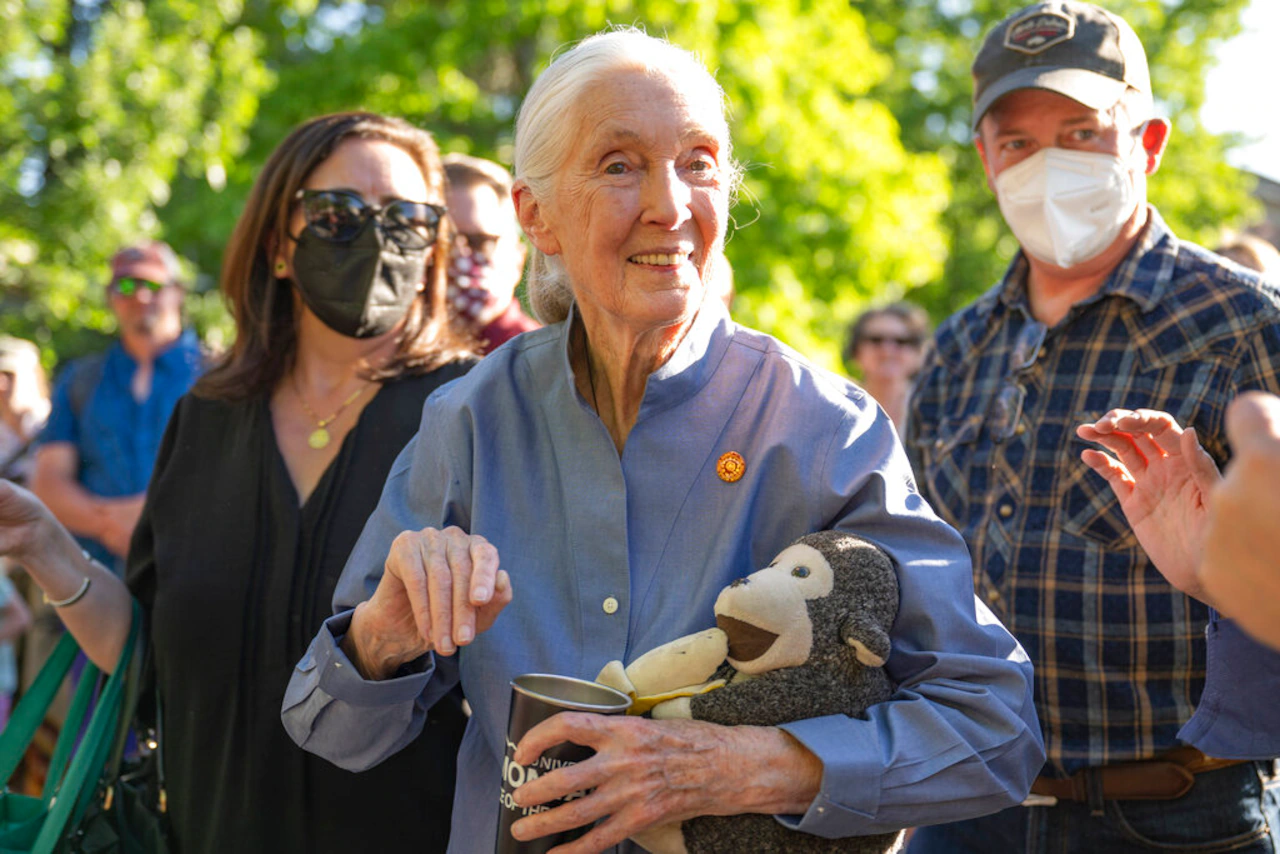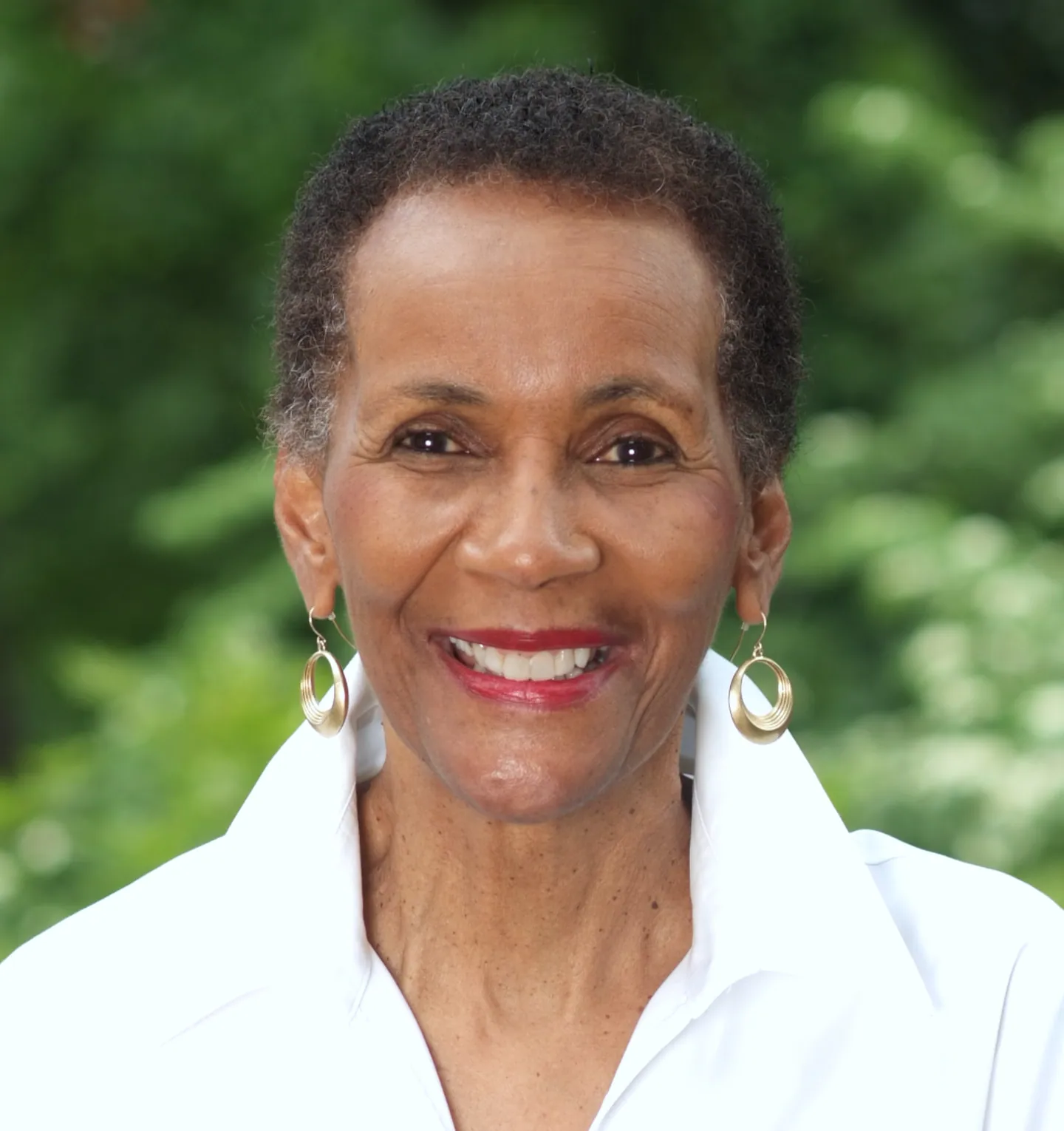
Conservationist Jane Goodall who’s best known for her work studying wild chimpanzees died on Wednesday at the age of 91.
The Jane Goodall Institute (JGI) said she died of natural causes in California while on a speaking tour throughout the United States.
“Dr. Goodall’s discoveries as an ethologist revolutionized science, and she was a tireless advocate for the protection and restoration of our natural world,” the institute wrote on Instagram.
Goodall was born in Bournemouth, England, on Apr. 13, 1934 and as a child enjoyed the outdoors and animals, according to National Geographic.
“She had a much-loved dog, Rusty, a pony, and a tortoise, to name a few of their family pets,” the magazine wrote. “When Jane was about eight she read the Tarzan and Dr. Dolittle series and, in love with Africa, dreamed of traveling to work with the animals featured in her favorite books.”
In 1957 Goodall boarded a ship called the Kenya Castle to visit friends and family and there she met famed paleoanthropologist Dr. Louis Seymour Bazett Leakey who offered her a job at a local natural history museum.
Goodall then was sent by Leakey to the Gombe Stream Game Reserve (now the Gombe Stream National Park) in Tanzania to study wild chimpanzees.
Leakey’s hope was that Goodall would study the common ancestry between humans and chimpanzee, according to National Geographic. In turn, the paleontologist would be able to learn more about what early humans were like.
During her studies, Goodall learned that chimps are omnivores, not herbivores and even hunt for meat. Chimps also use and make their own tools which is a trait previously used to define humans.
From there, Goodall became a conservationist and activist after learning about major deforestation activity worldwide. Goodall also helped set up several refuges for chimps.
In 1977, she established JGI, a global community-centered conservation organization, and the JGI’s program Roots & Shoots in 1991 to encourage young people around the world to participate in protecting the environment, wildlife and their communities.



